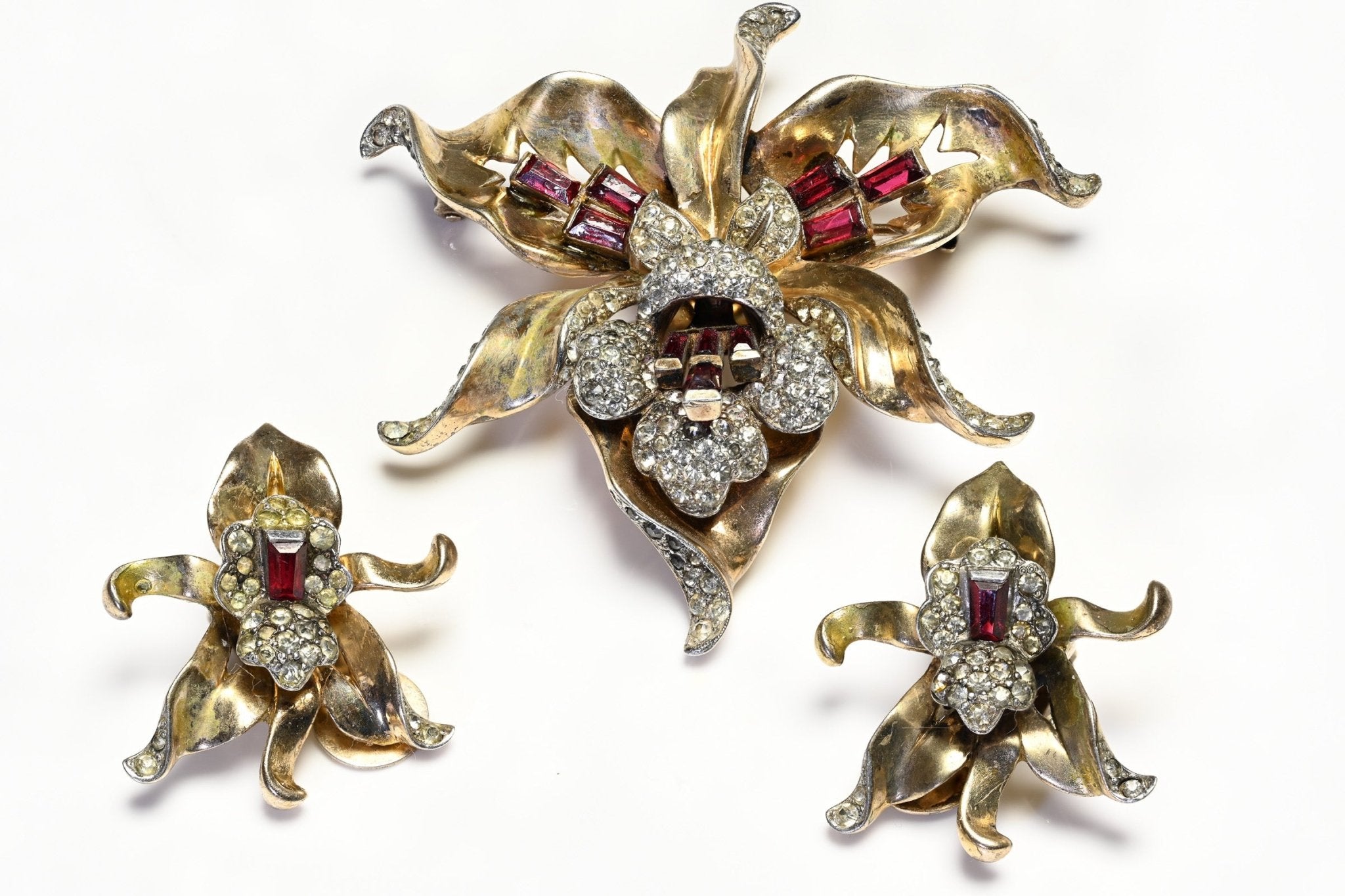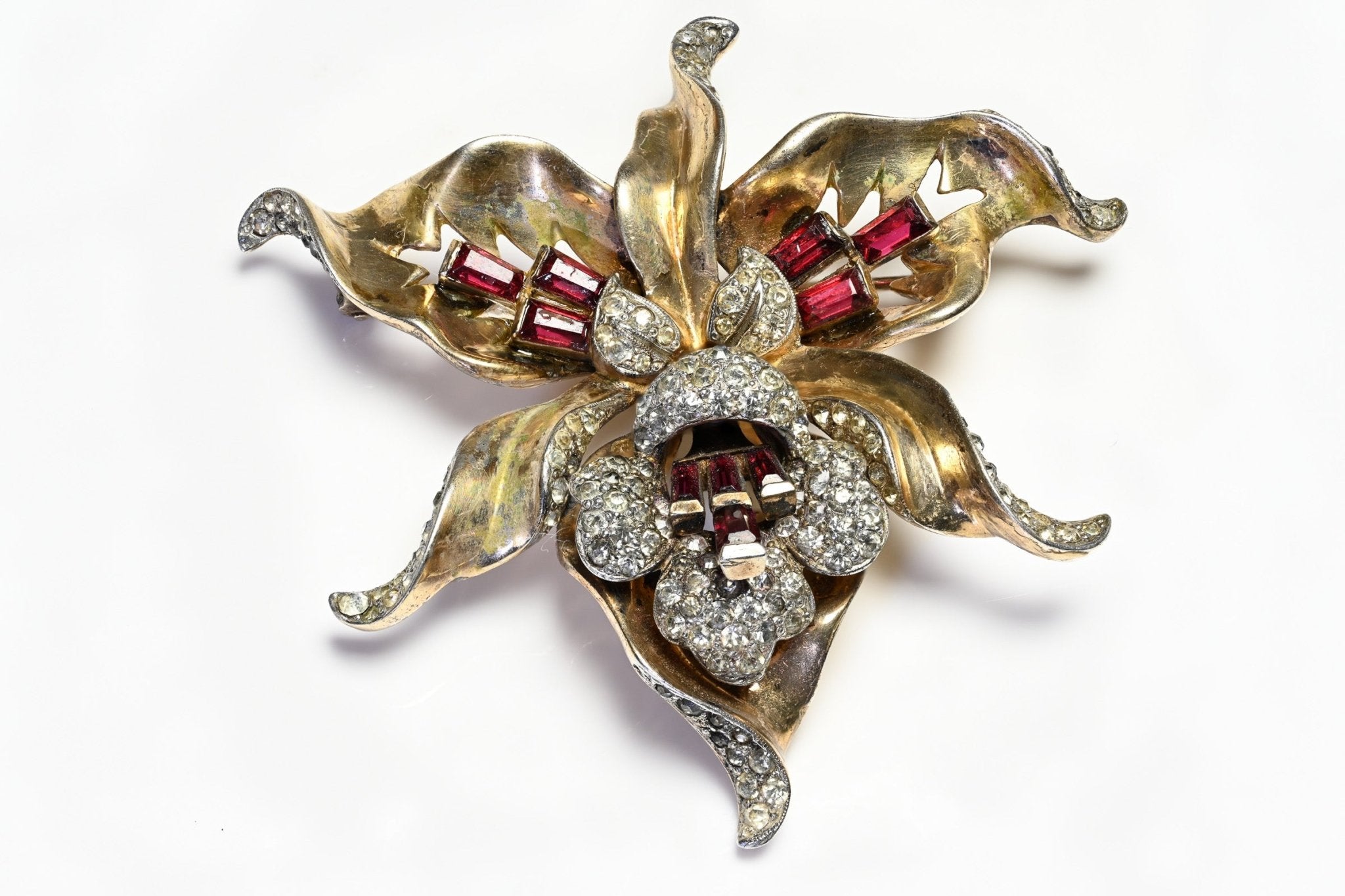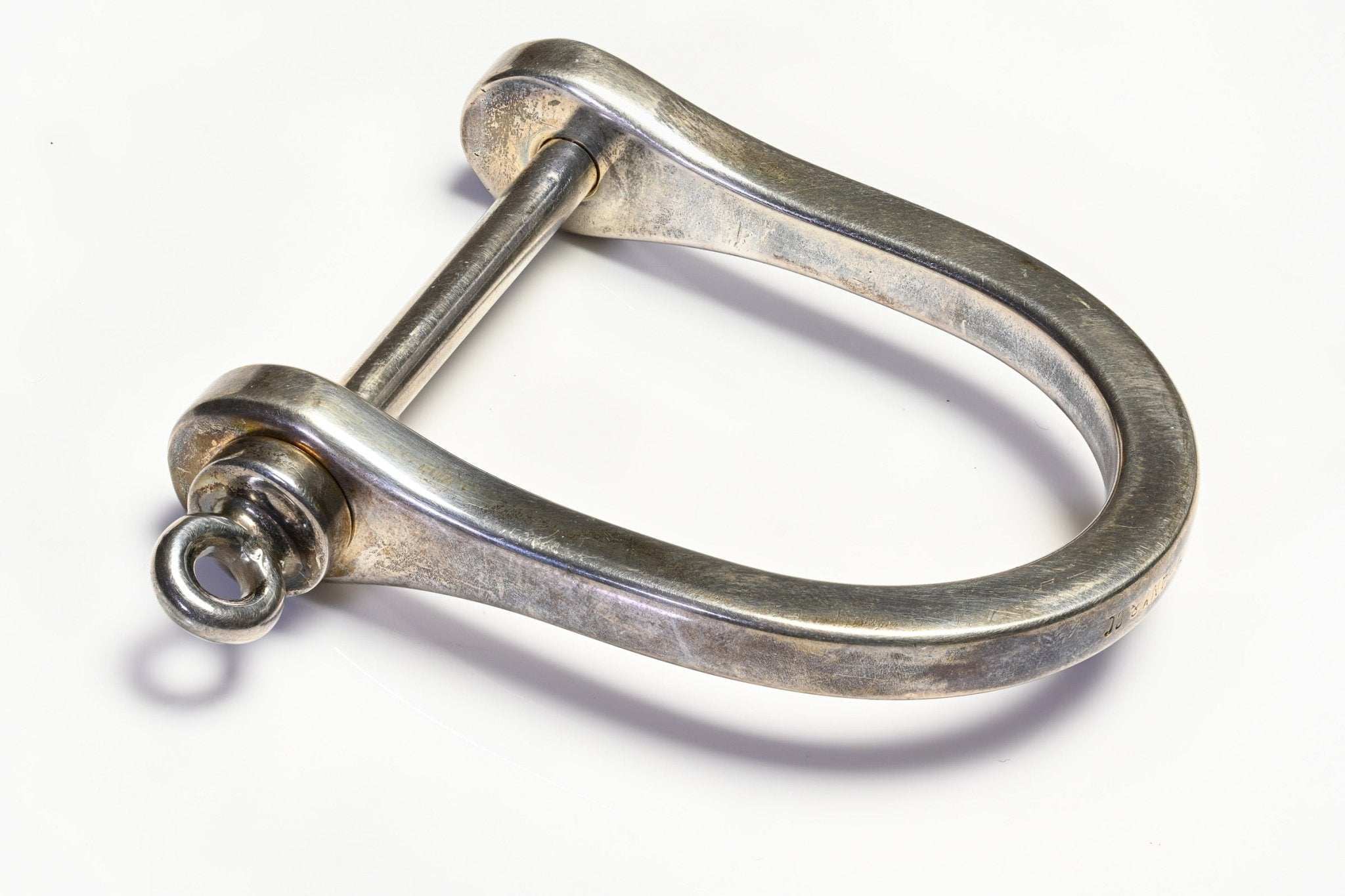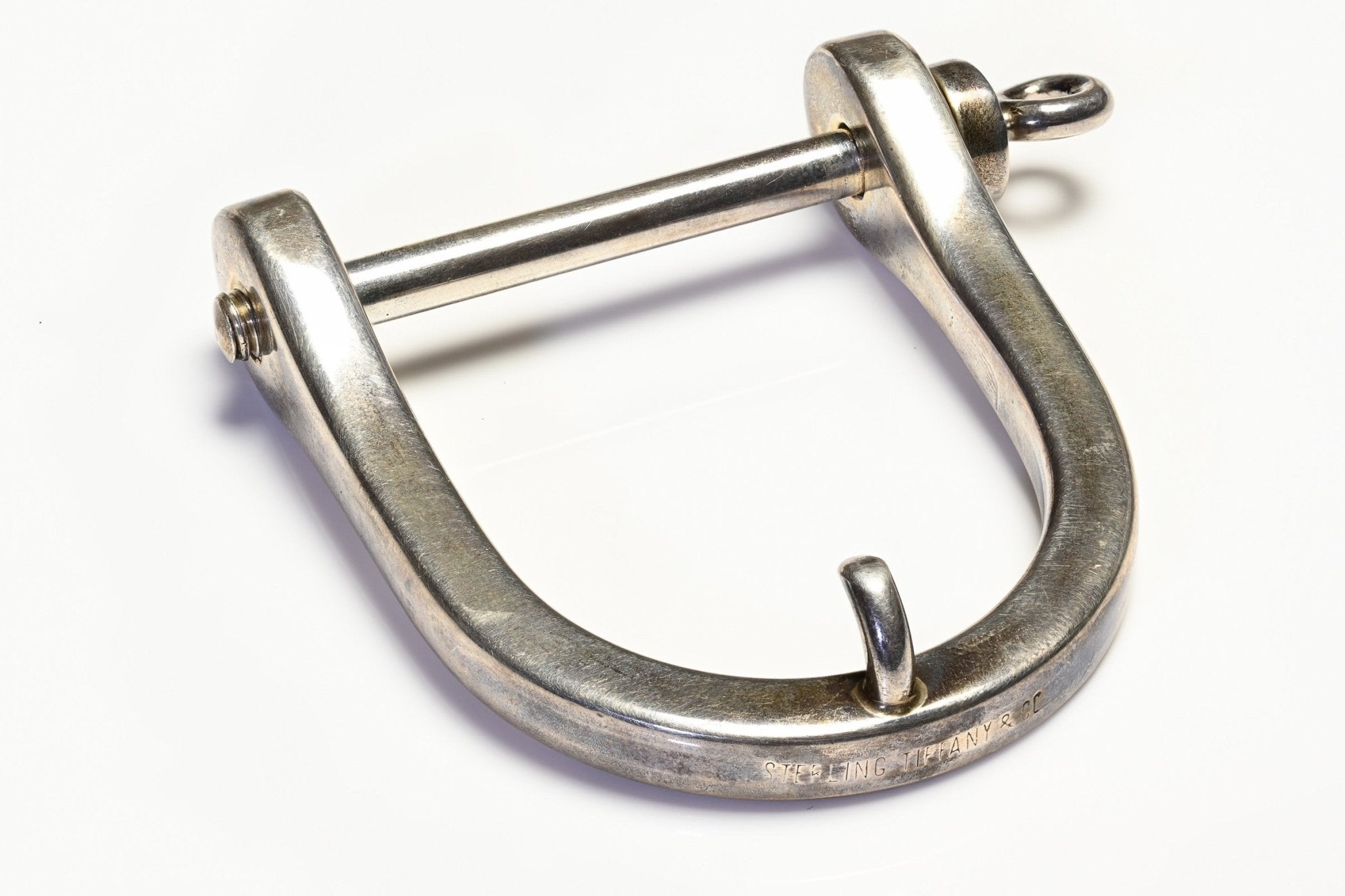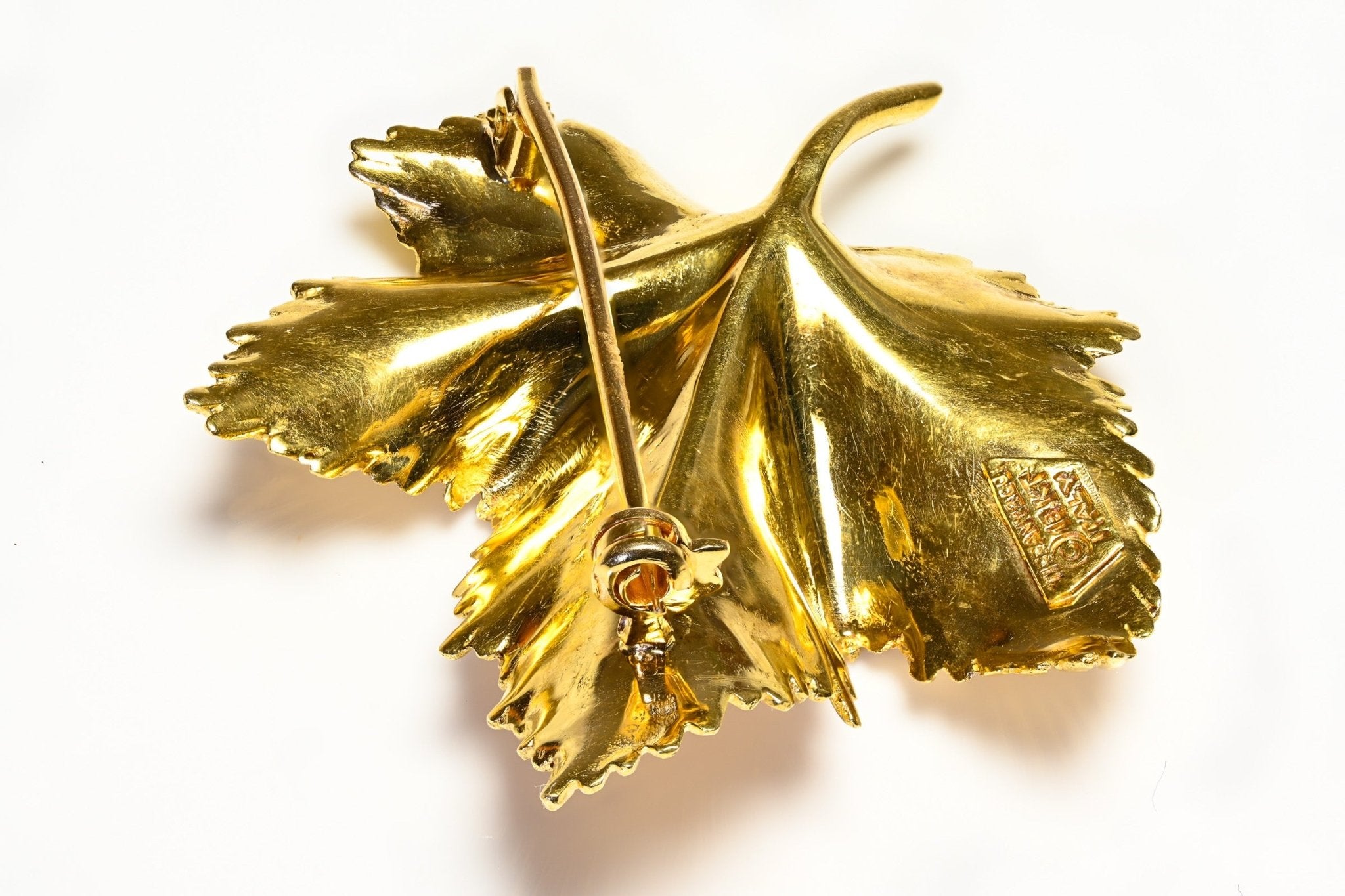
Tibetan Wisdom: The Story of the King with Four Wives
There is a prejudice among modern people that the ancients were simple and "backward," while we, now under the umbrella of modern science, are much more open-minded and aware of the reality in which we live.
On the other hand, there are people amazed by some ancient, extremely sophisticated technologies that cannot be replicated by modern science. They believe that the ancients knew less but understood more.
We present to you an ancient Tibetan story whose morals are worthy of consideration.

Credit Picture: Shuttershock
The king also loved his third wife and always was always showing her off when visiting neighboring kingdoms. However, he was always afraid that she would leave him at some point.
The king's second wife was kind-hearted and caring, her confidant and trusted adviser in difficult times.
But his first wife, though devoted, loyal, and deeply loved him, had no interest in the king, and he tended to ignore her.
One day, the king fell ill and realized that his life would soon be over. Then he thought of the luxurious life he lived and feared that he would be left alone forever when he died.
He asked his fourth wife, "I loved you the most, I gave you the best clothes, a lot of gifts, and I took great care of you. Now that I'm dying, you'll follow me to keep me company? "
"By no means," she replied and left without saying another word.
Sad, the king also asked his third wife, "I have loved you all my life. Now that I am dying, will you follow me and keep me company?"
"No. Life is too good! When you die, I'm going to remarry," she replied.
Then the king asks his second wife, hoping that she will not refuse him: "I have always called on you for help and you have always been there for me. When I die, you will come with me to keep me company? "
"I'm sorry, I can't help you this time. At most, I can help with your funeral," the woman replied.
Then the king, immersed in his sadness, heard a voice: "I will go with you and follow you, no matter where you go." The king looked up and there was his first wife. She was so weak and malnourished ...
Full of sadness, the king said, "I should have taken much more care of you when I had the opportunity!"
The fourth wife represents our body. No matter how much time and effort we put into making it look good, it will inevitably leave us when we die. It will be burned, buried, or become animal feed.
The third wife represents our possessions, status, and wealth. When we die, they will go to others. They will be divided.
The second wife is our family and friends. No matter how much they supported and loved us, they can only follow us to the funeral.
The first wife is our conscience, our soul, often neglected in the pursuit of the ego's wealth, power, and pleasures. However, our conscience is the only thing that will follow us wherever we go.
The moral of the story: Take care of your body and keep it healthy so that you can live a good life. Enjoy the pleasures of life, cherish your friends and family and the love they offer you but do not forget to feed your soul, and do not lose consciousness on the way for the sake of unbridled desires because this is the source of your life and it will prove to be your most faithful friend.
On the other hand, there are people amazed by some ancient, extremely sophisticated technologies that cannot be replicated by modern science. They believe that the ancients knew less but understood more.
We present to you an ancient Tibetan story whose morals are worthy of consideration.
The Story of King with Four Wives
Long, long ago there was a rich King who had four wives. He loved the fourth wife the most and always adorned her with rich robes and gave her the most exquisite delicacies.
Credit Picture: Shuttershock
The king also loved his third wife and always was always showing her off when visiting neighboring kingdoms. However, he was always afraid that she would leave him at some point.
The king's second wife was kind-hearted and caring, her confidant and trusted adviser in difficult times.
But his first wife, though devoted, loyal, and deeply loved him, had no interest in the king, and he tended to ignore her.
One day, the king fell ill and realized that his life would soon be over. Then he thought of the luxurious life he lived and feared that he would be left alone forever when he died.
He asked his fourth wife, "I loved you the most, I gave you the best clothes, a lot of gifts, and I took great care of you. Now that I'm dying, you'll follow me to keep me company? "
"By no means," she replied and left without saying another word.
Sad, the king also asked his third wife, "I have loved you all my life. Now that I am dying, will you follow me and keep me company?"
"No. Life is too good! When you die, I'm going to remarry," she replied.
Then the king asks his second wife, hoping that she will not refuse him: "I have always called on you for help and you have always been there for me. When I die, you will come with me to keep me company? "
"I'm sorry, I can't help you this time. At most, I can help with your funeral," the woman replied.
Then the king, immersed in his sadness, heard a voice: "I will go with you and follow you, no matter where you go." The king looked up and there was his first wife. She was so weak and malnourished ...
Full of sadness, the king said, "I should have taken much more care of you when I had the opportunity!"
The Wisdom Behind the Story
Indeed, we all have four wives in our lives.The fourth wife represents our body. No matter how much time and effort we put into making it look good, it will inevitably leave us when we die. It will be burned, buried, or become animal feed.
The third wife represents our possessions, status, and wealth. When we die, they will go to others. They will be divided.
The second wife is our family and friends. No matter how much they supported and loved us, they can only follow us to the funeral.
The first wife is our conscience, our soul, often neglected in the pursuit of the ego's wealth, power, and pleasures. However, our conscience is the only thing that will follow us wherever we go.
The moral of the story: Take care of your body and keep it healthy so that you can live a good life. Enjoy the pleasures of life, cherish your friends and family and the love they offer you but do not forget to feed your soul, and do not lose consciousness on the way for the sake of unbridled desires because this is the source of your life and it will prove to be your most faithful friend.













